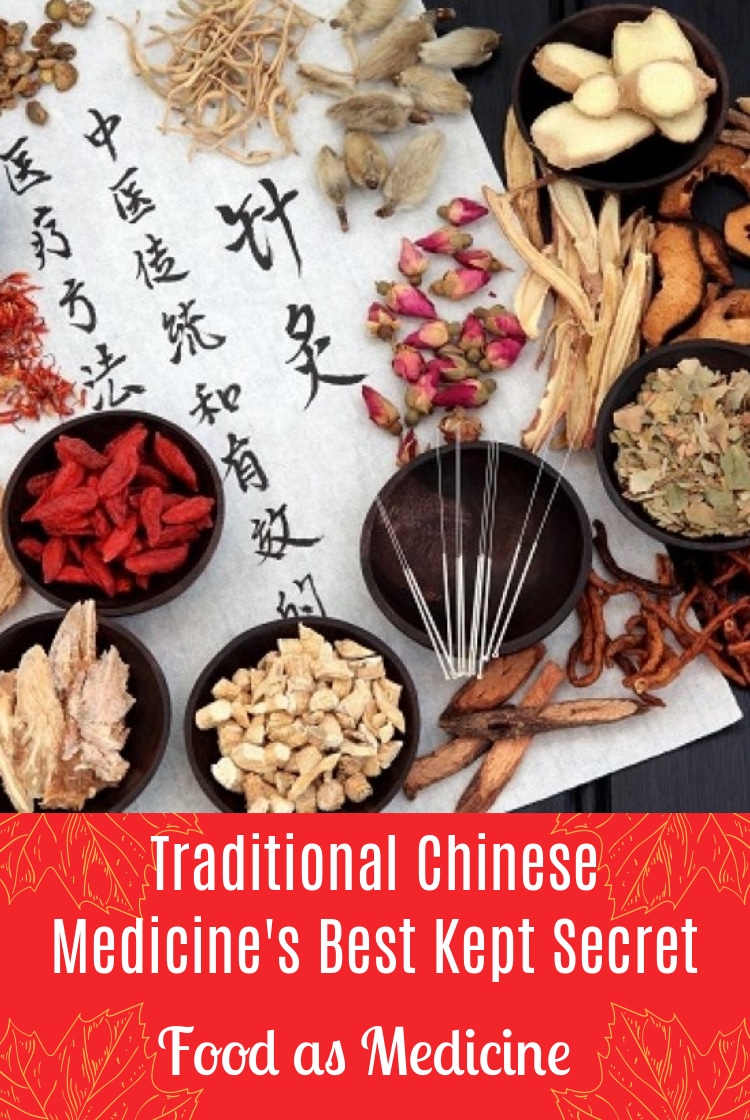
Traditional Chinese Healing for Abdominal Pain and Bloating
Abdominal pain and bloating are two different symptoms, often occurring simultaneously. They refer to the ache and distention felt in the area underneath your gastral cavity but above your pubic bone and the level of pubic hair, which is often referred as upper abdomen and lower abdomen, or stomach region and belly.
Table of Contents
What causes abdominal pain and bloating?
These two symptoms involve a wide range of zang-fu viscera because enterocoelia houses liver, gallbladder, spleen, kidney, large intestine, small intestine, bladder, and uterus, etc. So, the situation could be extremely complicated when it occurs, transient disorders or severe disease indicated.
What is abdominal pain?
Simply put, abdominalgia is the pathological changes to organs inside and outside the abdomen for various reasons, which presents ache in the abdominal region, acute or chronic. It is a kind of complicated disease and could be caused by many different factors.
The common pathogenesis is as follows:
- Gastroduodenal ulcer, Crohn’s disease, Viral gastroenteritis, Lactose intolerance, gastric cancer, and gastroesophageal reflux
- Small bowel and colons diseases like appendicitis, irritable bowel syndrome (IBS), intestinal obstruction, enteritis, diarrhea, intestinal parasitic diseases
- Acute or chronic hepatitis and liver cancer
- Disease in biliary tract and pancreas, such as cholecystitis, gallstone, pancreatitis, and carcinoma head pancreas
- Peritonitis ensued frequently from perforation of gastrointestinal tract and rupture of spleen
- Visceral organs in chest, like lobar pneumonia in early stage and acute inferior diaphragmatic infarction, is usually misdiagnosed as lesion in celiac organs
- Disorders in urogenital organs in women like renal and ureteral stone, ectopic pregnancy, salpingitis, ovarian cyst torsion, acute cystitis, urinary infection, and painful menstruation, etc.
- Systemic diseases like diabetes
From the perspective of Traditional Chinese Medicine (TCM), it can be caused by following reasons:
- Coagulated cold syndrome
- Heat accumulation
- Yang deficiency syndrome
- Food retention syndrome
- Syndrome of Qi stagnation
- Syndrome of blood stasis
Causes of abdominal gas bloating
Tell you the truth, healthy person, women, and men, have a small amount of gas, about 150ml, in the gastrointestinal tract. Too much air intake and indigestion could lead to excessive gas in GI tract. Thus failure of passing this gas through rectum would result in this symptom.
Clinically common diseases causing distended belly are:
- Erophagia
- Acute gastric dilatation
- Pyloric obstruction
- Ileus
- Enteroplegia
- Persistent constipation
- Hepatic and biliary disorders
- Some certain systemic diseases
In addition, bloated abdomen also occurs in late trimester pregnancy but don’t worry it is only a kind of physiological change.
Pathogenesis of gas bloating in western minds
- Food fermentation after eating
- Air inhalation
- Gas malabsorption in GI tract
- Disorder of gas discharge in GI tract
Pathogenesis of gas bloating in TCM minds
- Impairing of spleen and stomach
- Syndrome of stagnation of liver Qi
- Syndrome of accumulated dampness-heat
- Attack by cold pathogen
Chinese herbs that help
As mentioned earlier, this symptom relates to a few of zang-fu viscera. Furthermore, meridians like Three Yin Channels of Hand and Foot, Shaoyang Gallbladder Channel of Foot, Chong channel, Conception Channel, and Belt Channel also circulate through abdomen.
Both zang-fu viscera and meridians, impaired by exogenous disease and internal damage, could lead to abdominal pain and bloating due to disorder of Qi movement, hampering of Qi and blood movement, and lack of nourishing due to deficiency of Qi and blood. Clinically the most common patterns, however, are cold pathogen obstructing and deficient cold of spleen and stomach. So, the following discussion will focus only on these two patterns for the sake of extra emphasis.
Common list of Chinese herbs used are as follows:
Cold pathogen obstructing
- Gao Liang Jiang (Galangal Rhizome)
- Wu Zhu Yu (Evodia Fruit)
- Bi Bo (Fructus Piperis Longi)
- Bi Cheng Qie (Cubeb Fruit)
- Wu Yao (Lindera Root)
- Ding Xiang (Clove Flower Bud)
- Xiao Hui Xiang (Fennel Seed)
- Hua Jiao (Pericarpium Zanthoxyli Bungeani)
- Hu Jiao (Black Pepper)
- Bai Zhi (Angelica Root)
- Tan Xiang (Sandalwood)
- Cao Dou Kou (Katsumadai).
Deficient cold of spleen and stomach
- Huang Qi (Astragalus Root)
- Gan Jiang (Dried Ginger Root)
- Gui Zhi (Cinnamon Twig)
- Bai Shao (White Peony Root)
- Yi Zhi Ren (Black Cardamon)
- Wu Tou (Radix Aconiti Carmichaeli) Fu Zi (Prepared Aconite Root)
- Rou Gui (Dried Cinnamon Bark)
- Feng Mi (Honey)
- Yi Tang (barley malt sugar)
Mind you, the diagnosis for abdominal bloating and pain should concentrate on the pathogenesis, position, and property to define the afflicted zang-fu viscera, Qifen or Xuefen, and cold-heat-deficiency-excess pattern. TCM holds the view that aches won’t occur during smooth running of Qi and blood, and vice versa. So the prime task is to choose different suitable therapeutic principles for the connecting purpose, purging through in excess, tonifying through in deficiency, heating through in cold, cooling through in heat, regulating through in Qi stagnation, and removing through in blood stasis.









